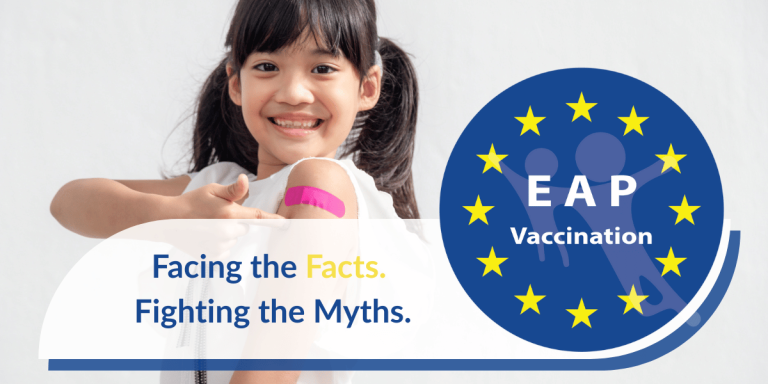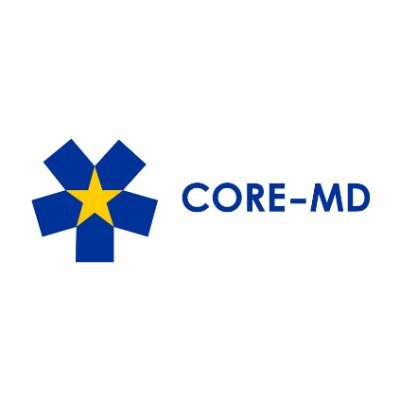Advocacy for Standardization and High-Quality Data Collection on Rubella Cases in the WHO European Region

The European Academy of Paediatrics (EAP) and WHO Europe are calling on national paediatric societies to support improved standardization and quality in rubella case reporting and surveillance, as part of a renewed push to eliminate rubella across the WHO European Region.
Rubella remains a serious threat
particularly during pregnancy. While significant progress has been made, inconsistencies in data and underreporting continue to hinder elimination efforts. To address this, the EAP Vaccination Strategic Advisory Group (SAG), led by Dr. Hans Jürgen Dornbusch, On 25 March 2025, EAP and WHO Europe issued a joint letter to national paediatric societies across the region, calling for coordinated action to:
- Adopt WHO rubella case definitions and surveillance standards
- Improve accuracy in case classification and laboratory confirmation
- Raise awareness among healthcare providers
- Collaborate across borders to strengthen data quality and outbreak response
Getting Involved
📬 To support this initiative or request more information, please contact:
WHO Europe Vaccine Team – euvaccine@who.int
Dr. Hans Jürgen Dornbusch, EAP Vaccination SAG Chair – hansjdornbusch@gmail.com
In copy: Loraine Lugasi, EAP Secretariat – secretariat@eapaediatrics.eu
We thank our members and partners for their continued dedication to protecting child health across Europe.

